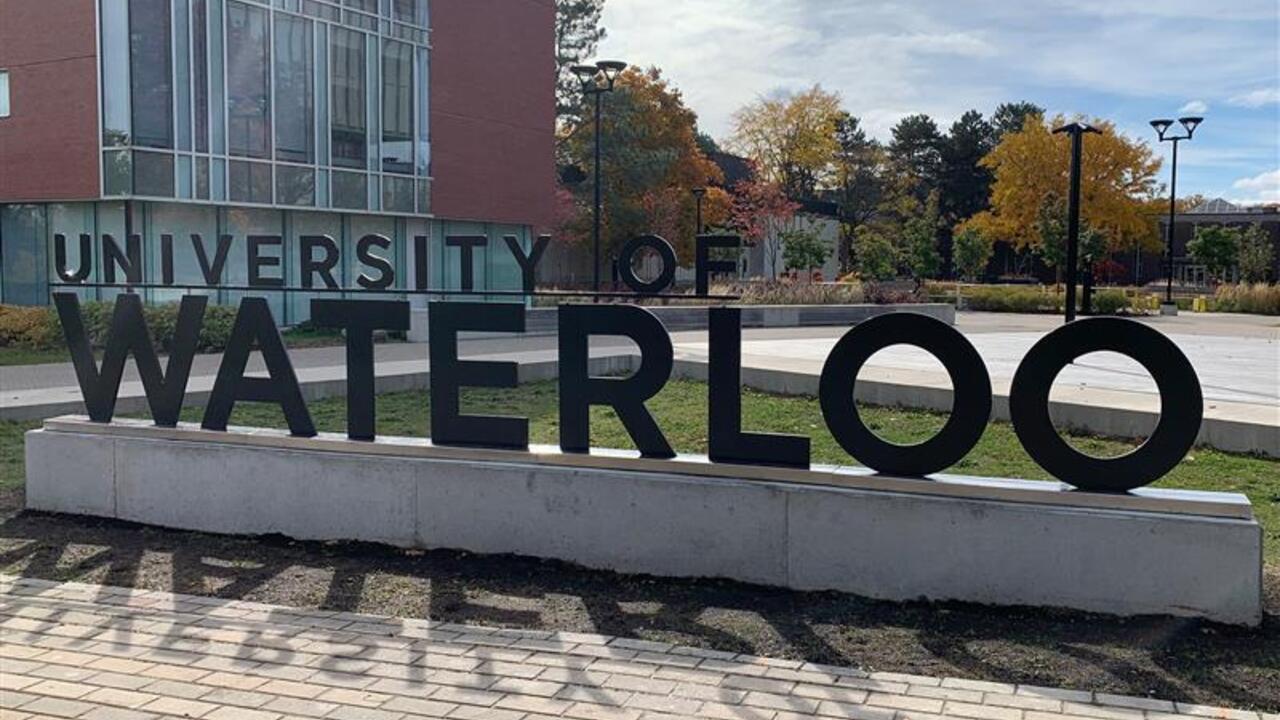
Clone of Expert advisory - pharmacare
An advisory council appointed by the federal government recommended the establishment of a universal, single-payer pharmacare system in Canada in a report released June 12.

An advisory council appointed by the federal government recommended the establishment of a universal, single-payer pharmacare system in Canada in a report released June 12.
By Media RelationsCurrently Canada’s drug prices are third highest among Organisation for Economic Co-operation and Development (OECD) countries - 22% above the OECD median. The council’s report suggests Canada will save 5 billion dollars annual in drug costs under this new system.
The University of Waterloo has experts available to speak with the media about the council’s recommendation for national pharmacare.
Wasem Alsabbagh, School of Pharmacy
Alsabbagh is an Assistant Professor at the School of Pharmacy. He is a pharmacist who assesses the effects of health policy on drug utilization and costs using population-based real life data sets.
“In spite of the availability of effective drugs to prevent clinical events, such as cholesterol medications like statins, a significant proportion of patients still do not adhere to their chronic medications. While it is difficult to point at a single factor as the main cause of non-adherence, several health care system-related factors, including prescription medication coverage are among the most important factors.
In our group’s research, we estimated that almost one quarter of non-adherence to hypertension and diabetes medication is associated with lack of prescription medication coverage. As such, providing universal pharmacare is expected to contribute to helping Canadians adhere to their effective treatments. This will result in a significant improvement in Canadians’ health outcomes and create significant savings for the health care system in general.”
Kelly Grindrod, School of Pharmacy
Grindrod is an Associate Professor cross-appointed to the School of Pharmacy and the School of Public Health. She is a pharmacist who researches how mobile and social technologies can promote the safe and effective use of medications.
“We should have had a national pharmacare system decades ago. Over the years, our current system has not improved. Instead, it has become inefficient and messy, distracting pharmacists and prescribers from one of their most critical roles—choosing safe and effective drug therapy. There is much to gain from a national pharmacare plan.”

ESO 137-001, a jellyfish galaxy like the one recently observed by astrophysicists at the University of Waterloo. (Credit: NASA, ESA)
Read more
New astronomical find is 8.5 billion years old and reshapes our understanding of early cosmic evolution

The photo shows a European bat species affected by White-nose Syndrome.
Read more
Study highlights the biological mechanisms behind a disease that has caused over 90 per cent declines in some bat species

Read more
The Government of Canada announces funding to support research in food policies and medical devices
The University of Waterloo acknowledges that much of our work takes place on the traditional territory of the Neutral, Anishinaabeg, and Haudenosaunee peoples. Our main campus is situated on the Haldimand Tract, the land granted to the Six Nations that includes six miles on each side of the Grand River. Our active work toward reconciliation takes place across our campuses through research, learning, teaching, and community building, and is co-ordinated within the Office of Indigenous Relations.